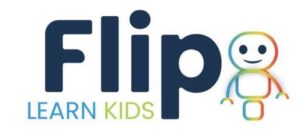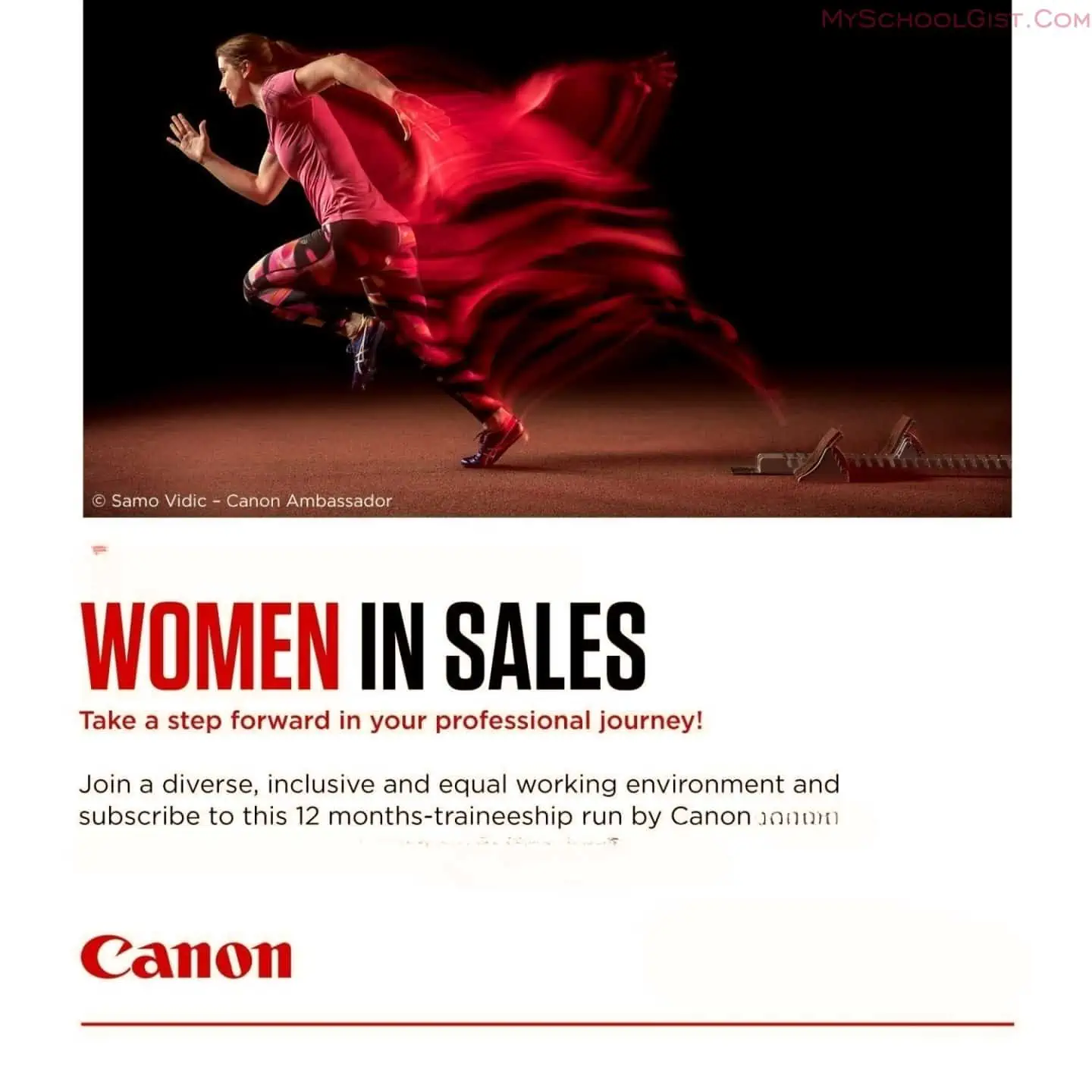National Museum of African American History and Culture Learning Labs (online resource hub)
The whole NMAAHC’s website is a resource itself, but the Learning Labs for the museum provide educators and students with virtual primary sources and lessons that examine American history through a Black historical lens. The resources in the Learning Labs help students navigate through historical inquiry and give them space to develop their historical and critical-thinking skills as they become young historians.
NMAAHC’s Learning Labs give access to artifacts in the museum and allow educators to curate a lab specifically to the Black history they are teaching. Students can experience the museum from their classrooms through questions, art, and photographs. There are resources and lessons available for preschool to high school students. The resources available in the Learning Labs show educators the importance of primary resources and that even the youngest learners can be researchers.
An Educator’s Guide to the 1619 Project Born on the Water (picture book and educator’s guide)
The 1619 Project: Born on the Water is a picture book in verse. In the guide, educator Aeriale N. Johnson has compiled additional texts, resources, questions, and lesson plans to assist teachers when reading this book with students. The detailed lesson plans thoroughly guide educators and students through each poem in the book and offer protocols and frameworks for educators to refer to while teaching.
This educator’s guide differs from other guides in that it addresses teachers directly and provides suggested prereading for teachers before engaging in the teaching of enslavement. Teachers can use the guide and book to not only teach students directly but personally reflect on how the enslavement of Africans should be taught.
Teaching for Black Lives (book and website)
The book Teaching for Black Lives was first published in 2018 during the heart of the Black Lives Matter movement. The book has 50 chapters written by scholars, teachers, and community educators. Each chapter is short, easy to read, and full of content knowledge, commentary, and classroom lessons. The book is an excellent resource for knowledge of Black history and historical pedagogical content. In other words, the book is an excellent resource on how we take Black history knowledge and make it appropriate for classroom use while ensuring that the humanity of Black people is told through their history.
The accompanying website is part of the Teaching for Black Lives Campaign, which began in 2020. The website has sponsored teacher study groups, hosted online classes on Black history topics, provided classroom teaching resources, and led curriculum-writing workshops. The Zinn Education Project, Rethinking Schools, and Teaching for Change support the campaign.
Teaching Black History to White People (video and book)
In this book and hourlong Youtube video, award-winning University of Texas at Austin history professor Leonard N. Moore shares his insight into Black history teaching and learning. Based on his nearly 30-year experience teaching Black history in the South, the book is part memoir and part history text, delving into pedagogical approaches to teaching Black history. This text also serves as a how-to guide for teaching a range of Black history-related topics, including the Jim Crow period and the civil rights and Black power movements.
For teachers, this is an introductory text to use in the creation (or further development) of courses in Black history. Many educators struggle with implementing Black history courses, and this text can support those efforts. While the title positions the book for a white audience, anyone wanting to improve Black history teaching will find the information helpful.
Reclaiming the Multicultural Roots of U.S. Curriculum (book)
Published by Teachers College Press in 2016, this text provides a historical overview of curriculum development in the United States, focusing on Native Americans, Asian Americans, Latinos, and African Americans. Authors Wayne Au, Anthony L. Brown, and Dolores Calderon explore several important concepts like curricular silence(s), the impact of settler colonialism, and the dominance of the master narrative in the American curriculum.
While not solely about the teaching and learning of Black history, this text provides an excellent understanding of the historical forces at play in the development of multicultural education. For educators, this text is concise and necessary background reading to understand the curricular landscape in the United States, dominant narratives of racism, white supremacy, and anti-Blackness.
Picturing Black History and The BlackPast (primary source databases)
Finding primary-source documents is a complicated and time-consuming part of teaching Black history. Many teachers need help finding resources as they develop lesson plans, so we suggest these two sites: Picturing Black history and the BlackPast.
Both websites are in encyclopedia format and have written and primary visual sources available. A narrative written by professional historians accompanies each source. Both websites are user-friendly, and students and educators can use the search bar to find many Black history topics.
The BlackPast has an interactive African American history timeline that teachers can use to contextualize the histories. Because BlackPast has been around since 2004, it has an extensive database to search within.
Developed in 2020, Picturing Black History has many sources that are generally not found in regular K-12 classrooms, including videos and audio clips associated with the various Black history sources.
Black history podcasts:
- Historically Black: This podcast comes from the Smithsonian National Museum of African American History and Culture.
- Black History Buff: Highlighting people and stories within Black history across the African Diaspora, creator Kur Lewis developed the podcast as a way to teach his son about Black history. This short podcast averages 10 to 20 minutes per episode.
- Witness Black History: Created by the BBC, this series features interviews with people who lived through Black history both in the United States and abroad.
- Black History Year: Developed by the nonprofit Pushback, this podcast focuses on marginalized Black histories and topics. Each episode is three minutes.
- Humanity Archive: Produced by Jermaine Fowler, this podcast exposes untold and underexposed historical narratives.
Explore the Collection
We are not a historically mature society until we acknowledge that everyone’s history matters. In this special collection, a slate of Black history researchers and educators help lead us down that road to historical maturity and LaGarrett J. King offers practical resources for improving Black history instruction.
window.fbAsyncInit = function() {
FB.init({
appId : ‘200633758294132’,
xfbml : true,
version : ‘v2.9’
});
};
(function(d, s, id){
var js, fjs = d.getElementsByTagName(s)[0];
if (d.getElementById(id)) {return;}
js = d.createElement(s); js.id = id;
js.src = “https://connect.facebook.net/en_US/sdk.js”;
fjs.parentNode.insertBefore(js, fjs);
}(document, ‘script’, ‘facebook-jssdk’));
!function(f,b,e,v,n,t,s)
{if(f.fbq)return;n=f.fbq=function(){n.callMethod?
n.callMethod.apply(n,arguments):n.queue.push(arguments)};
if(!f._fbq)f._fbq=n;n.push=n;n.loaded=!0;n.version=’2.0′;
n.queue=[];t=b.createElement(e);t.async=!0;
t.src=v;s=b.getElementsByTagName(e)[0];
s.parentNode.insertBefore(t,s)}(window, document,’script’,
‘https://connect.facebook.net/en_US/fbevents.js’);
fbq(‘init’, ‘344596112942513’);
fbq(‘track’, ‘PageView’);






Leave a Reply